Exploring Justice in Legal Practice: Articles, Cases & More
Welcome to our page dedicated to exploring the concept of justice in legal practice. Here you will find a curated selection of articles, cases, and insights that delve into the various aspects of justice within jurisprudence.

Commentary on Judgment No. 20957 of 2023: 'In-Person' Celebration After the Pandemic
Let us analyze ruling no. 20957 of 2023 by the Court of Cassation, which clarifies the procedures for holding hearings in appeals in the context of emergency measures for COVID-19, highlighting the importance of holding them 'in person'.
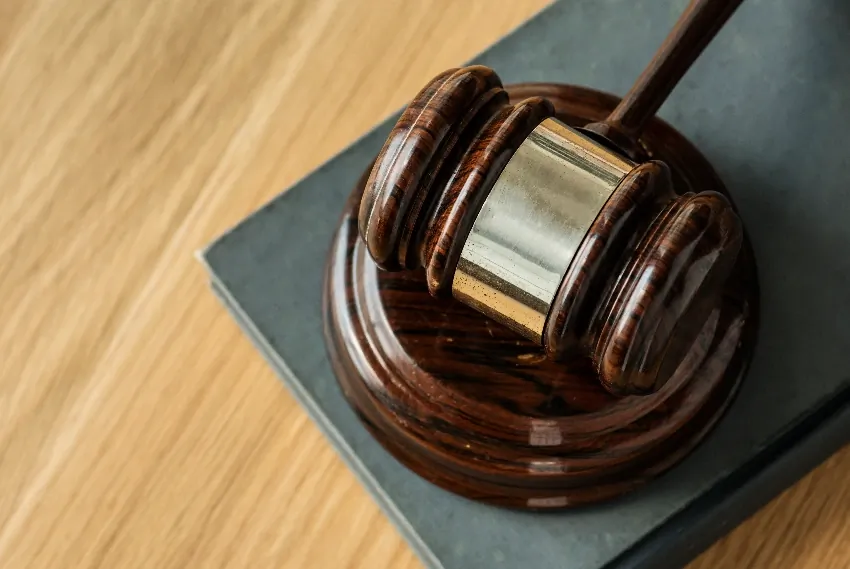
Judgment No. 22963 of 2023 and the procedure for the irrelevance of the fact in juvenile law.
Analysis of the ruling no. 22963 of 2023 by the Juvenile Court regarding the early conclusion of the proceedings and the correct observance of the rules on adversarial proceedings.
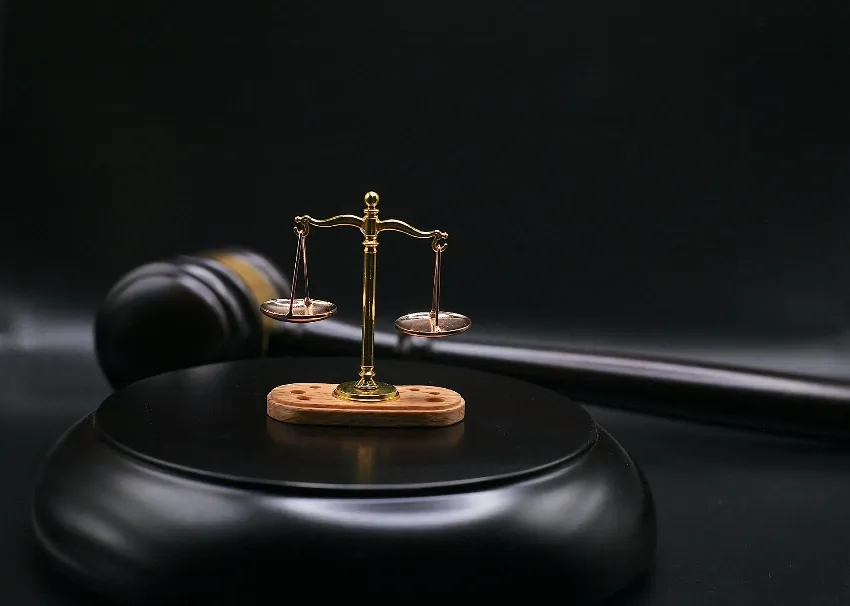
Analysis of Judgment No. 26628 of 2024: Reflections on the Crime of Political Massacre.
The recent ruling no. 26628 of 2024 provides important insights into the legitimacy of life imprisonment for the crime of political massacre and the possibility of modulating sentences based on the severity of the act. Let us explore together the legal and constitutional implications of this decision.
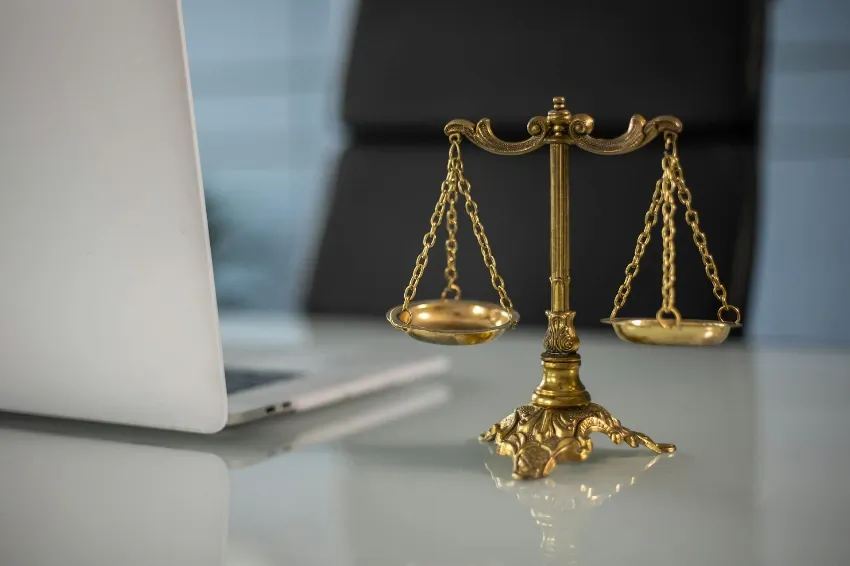
Commentary on Judgment No. 25853 of 2024: Extradition and Assessment of Serious Indications of Guilt.
Analysis of ruling no. 25853 of 2024 concerning extradition to Ecuador, focusing on the assessment of serious indications of guilt and the importance of the bilateral treaty.

Substitute Penalties and Appeal Judgment: Analysis of Ruling No. 30711 of 2024
The Court of Appeal of Genoa rules on the applicability of substitute penalties, clarifying the methods for obtaining the consent of the defendant and the conditions for their application in the second-instance trial.
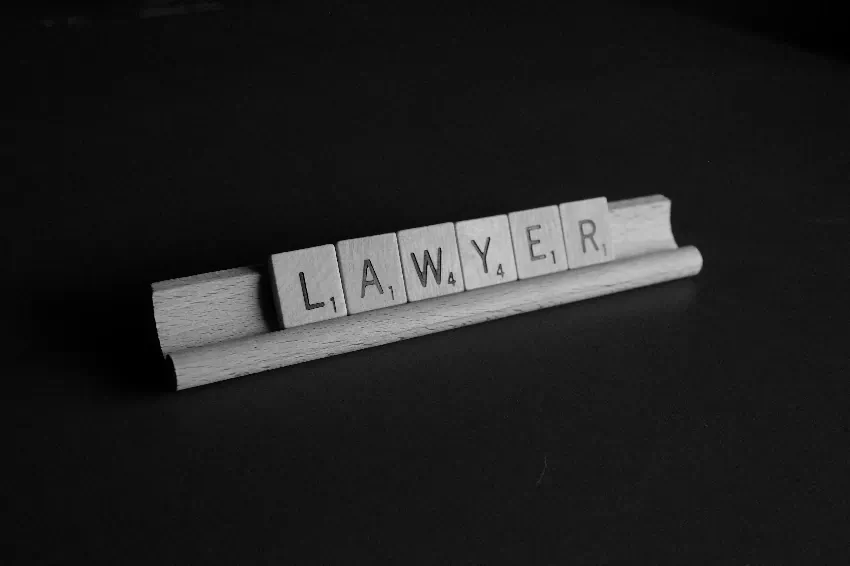
European Arrest Warrant: Analysis of Judgment No. 27654 of 2024
The ruling no. 27654 of 2024 provides important insights into the management of European Arrest Warrants, clarifying the competences of the Court of Appeal and the limitations regarding parallel proceedings.
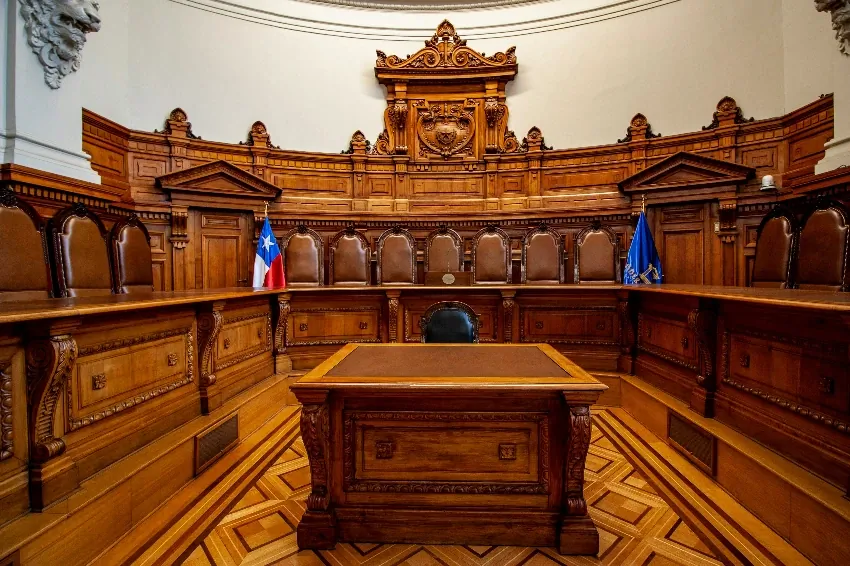
State-funded legal aid: ruling no. 30047 of 2024 and the importance of the tax code for EU citizens.
The recent ruling of the Court of Cassation clarifies that foreign EU citizens not residing in Italy do not need to present a tax code to obtain state-sponsored legal aid, an important legislative development.

Commentary on ruling no. 29723 of 2024: the prohibition of the prevalence of generic mitigating factors over repeated recidivism.
Analysis of ruling no. 29723 of 2024 concerning the prohibition of the prevalence of generic mitigating circumstances over repeated recidivism, highlighting the constitutional implications and the balancing of penal provisions.

Analysis of Judgment No. 27813 of 2024: the Importance of Proper Procedure in Genetic Investigations
This ruling highlights how the violation of international protocols in DNA analysis can compromise the entire criminal process, rendering the results unusable as evidence.

Analysis of Ruling No. 25939 of 2024: Interpretation of Communicative Facts in the Merits Judgment.
Let’s explore the recent ruling of the Court of Cassation that clarifies the role of the trial judge in the interpretation of communicative facts and the validity of the motivations related to the identification of the individuals involved.